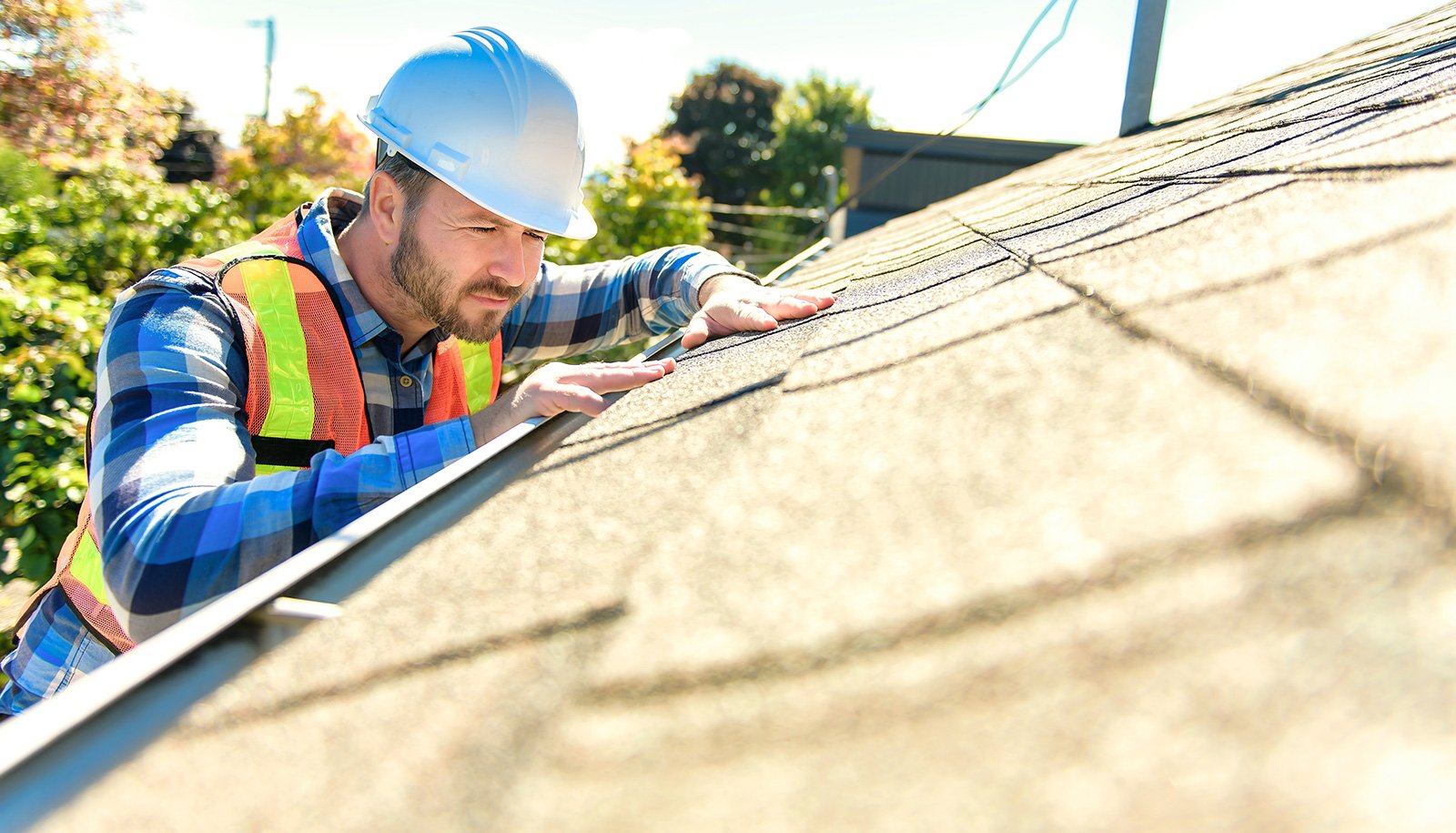Are you considering buying a home in North Carolina? Before you finalize your decision, it's essential to prioritize a thorough home inspection. A home inspection is a crucial step in home-buying that provides valuable insights into the property's condition. This post will explore what a home inspection entails in North Carolina: its cost, duration, checklist, and why it is necessary.
WHAT IS A HOME INSPECTION?
A home inspection is a comprehensive examination of a property's condition, typically performed by a licensed professional known as a home inspector.
The home inspection aims to identify any existing or potential issues with the property, including structural, mechanical, electrical, or safety concerns. It provides buyers with an objective evaluation of the home's condition, helping them make informed decisions.
HOW MUCH DOES A HOME INSPECTION COST IN NORTH CAROLINA?
The cost of a home inspection in North Carolina varies depending on the property size, location, and specific services included.
On average, you can expect to pay around $300 to $500 for a standard home inspection in North Carolina. However, this price may increase if additional services or specialized inspections are required, such as radon testing or termite inspections.
It's also important to note that while a home inspection may seem like an additional expense, it is a worthwhile investment that can save you thousands of dollars in unforeseen repairs or issues.
WHAT DOES A HOME INSPECTION COVER IN NORTH CAROLINA?
During a home inspection in North Carolina, the inspector will assess various aspects of the property. This includes:
Structure: The inspector examines the foundation, walls, roof, and other structural elements for any signs of damage or deterioration. They look for cracks, uneven settling, or any indications of structural instability.
Exterior: Your inspector will also inspect the exterior components, such as siding, windows, doors, and drainage systems, to identify any issues. This includes examining the condition of the siding, checking for proper window and door operation, and ensuring that the property has appropriate drainage to prevent water damage.
Interior: The inspector evaluates the interior elements, including walls, ceilings, floors, doors, and windows, for signs of damage or maintenance requirements. They check for any visible water stains, signs of leaks, or issues with the overall condition of the interior spaces.
Electrical: They check the electrical system, including outlets, switches, circuit breakers, and wiring, to ensure they function safely and properly. This involves testing outlets for proper grounding, checking for exposed or damaged wiring, and ensuring that the electrical panel is in good condition.
Plumbing: The inspector examines the plumbing system, checking for leaks, water pressure issues, and the proper functionality of fixtures, sinks, toilets, and water heaters. They may also inspect the sewer lines and assess the condition of the water supply system.
HVAC: They assess the heating, ventilation, and air conditioning systems to ensure they are working efficiently and safely. This involves checking the condition of the HVAC units, inspecting ductwork, and testing the heating and cooling functions.
Appliances: If included, the inspector may evaluate the functionality of appliances like ovens, refrigerators, dishwashers, and more. They will check that these appliances are in good working order.
WHY GET A HOME INSPECTION?
Getting a home inspection in North Carolina is highly recommended for several reasons:
Uncover Hidden Issues: A professional inspection can reveal potential problems that may not be noticeable during a casual walkthrough, helping you avoid costly surprises. This could include hidden water damage, electrical issues, or structural problems.
Negotiating Power: If the inspection uncovers significant issues, you can negotiate repairs or a lower purchase price with the seller. This allows you to address any necessary repairs or account for future costs in your budget.
Safety Assurance: A thorough inspection ensures the property meets safety standards, giving you peace of mind. It helps identify hazards such as faulty electrical wiring or safety concerns with stairs or handrails.
Future Planning: Identifying maintenance or repair needs allows you to plan for any necessary improvements after purchasing the property. This helps you prioritize repairs or upgrades and estimate the associated costs more accurately.
HOW LONG DOES A HOME INSPECTION TAKE?
The duration of a home inspection can vary depending on the property's size, age, and condition. On average, a thorough inspection typically takes between 2 to 4 hours. However, larger or more complex homes may require more time for a comprehensive evaluation.
A home inspection is crucial when buying a property in North Carolina. It provides valuable insights into the home's condition and helps you make informed decisions. By prioritizing a thorough inspection, you can uncover hidden issues, negotiate repairs or pricing, ensure safety, and plan for future maintenance or upgrades. Remember to choose a licensed and experienced home inspector to evaluate the property comprehensively.
And if you need help finding the best homeowners insurance coverage for the best price, start by speaking to a SimplyIOA agent at 833.872.4467 or get a homeowners insurance quote online now.










